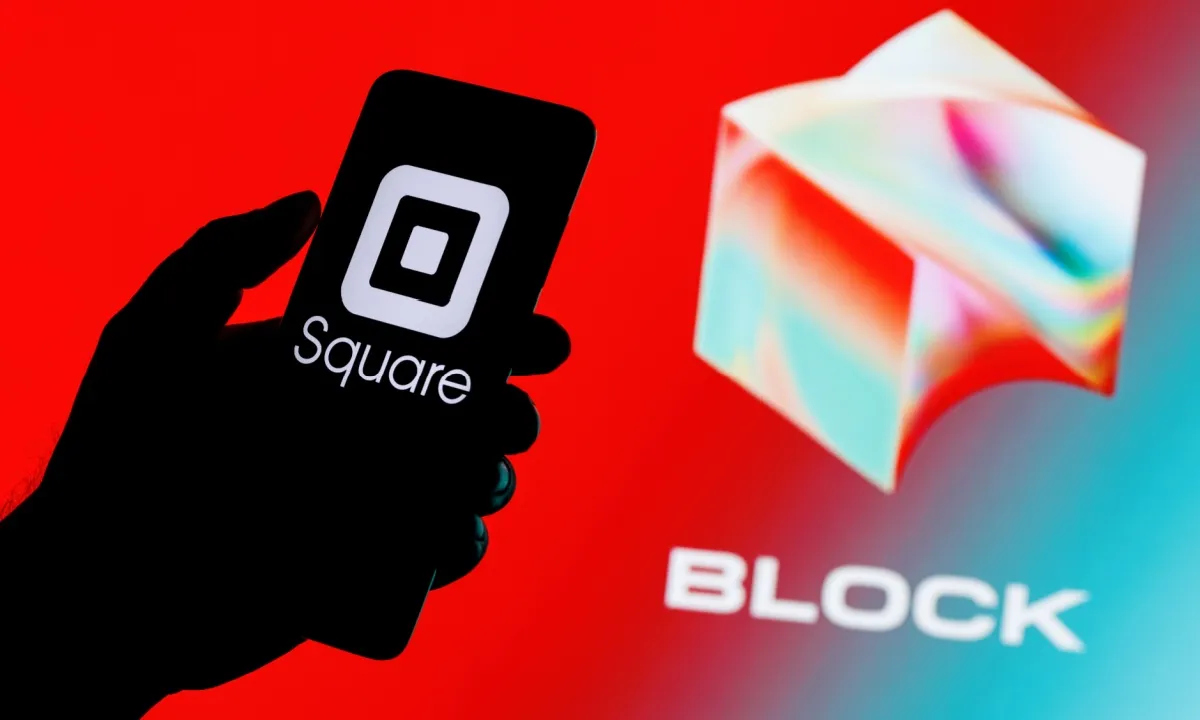Block Has Been Added to the S&P 500 to Replace Hess, and Its Stock is Rising
Jack Dorsey’s Block Inc. is preparing to join the S&P 500 index, marking a significant milestone that highlights the increasing role of digital payments and cryptocurrencies in traditional finance. The move reflects how fintech has matured and is now firmly part of the financial mainstream. Block will take the place of Hess Corp. in the benchmark index, following Chevron Corp.’s $53 billion acquisition of the energy company.
According to a statement released Friday by S&P Dow Jones Indices, this change will officially take effect before the market opens on July 23. Investors responded positively to the news, with Block shares jumping as much as 14% during after-hours trading.
Block, which previously operated under the name Square, has undergone a major transformation over the years. It started as a mobile payments processor but has since expanded into a more diversified financial technology company.
Today, Block provides a wide range of services including peer-to-peer money transfers, business payment solutions for merchants, and a growing focus on consumer lending.
One of the company’s latest achievements was the approval granted earlier this year by the U.S. Federal Deposit Insurance Corp. (FDIC) to its banking arm, Square Financial Services Inc. The approval allows Block to issue consumer loans directly through its Cash App Borrow feature, broadening its reach in the personal finance space. This development is part of a larger strategy to turn Cash App into a comprehensive banking and lending platform for consumers.
In addition to traditional financial services, Block continues to push forward with its involvement in digital assets. The company is now incorporating Bitcoin payment functionality into its Square point-of-sale terminals.
This move aligns with CEO Jack Dorsey’s well-documented enthusiasm for cryptocurrencies, particularly Bitcoin. Dorsey, who has long been a public supporter of decentralized finance, remains highly active in the crypto space and recently contributed open-source projects to the community via his X account (formerly Twitter).
Despite some fluctuations in quarterly earnings, Block continues to focus on long-term innovation. Its ongoing expansion into consumer lending and crypto services illustrates the company’s broader ambition to redefine how people interact with money. Dorsey’s vision extends beyond digital transactions — he aims to create an ecosystem where everyday users can access financial tools without relying solely on traditional banks.
Joining the S&P 500 can have a considerable impact on a company like Block. Being added to the index boosts a company’s visibility and credibility among investors, particularly as passive investing grows in popularity. With trillions of dollars tied to index-tracking funds, inclusion in the S&P 500 can drive increased demand for a company’s shares as these funds buy in to reflect the new index composition.
Conversely, being removed from the S&P 500 — as in the case of Hess — can negatively impact stock performance. Index funds that replicate the S&P 500 must adjust their holdings accordingly, selling shares of companies that are being dropped and purchasing shares of those being added. This rebalancing process often results in notable price movements around the time of the index change.
For Block, the S&P 500 addition comes at a pivotal time. While the company has faced earnings volatility, its strategic investments in banking, payments, and digital assets are positioning it for long-term relevance.
The Cash App platform continues to gain traction, particularly among younger users who are comfortable managing finances through mobile apps. As the company integrates new lending products and crypto payment solutions, it’s working to build a financial ecosystem that combines convenience, innovation, and accessibility.
The inclusion also serves as a symbolic win for the broader fintech and crypto industries. It demonstrates that once-disruptive technologies are now finding a seat at the table with traditional corporate giants. Block’s rise from a startup payments processor to a key player in one of the world’s most watched stock indices represents a broader trend: the convergence of tech and finance, and the growing acceptance of digital money.
In summary, Block Inc.'s upcoming entry into the S&P 500 is more than just a reshuffling of index constituents. It signals the continued evolution of finance and underscores the staying power of companies that combine technological innovation with financial services.
As Block carves out its role among the S&P’s blue-chip firms, it could also serve as a blueprint for the next generation of fintech companies looking to leave their mark on Wall Street.

Subscribe to our newsletter!
As a leading independent research provider, TradeAlgo keeps you connected from anywhere.








